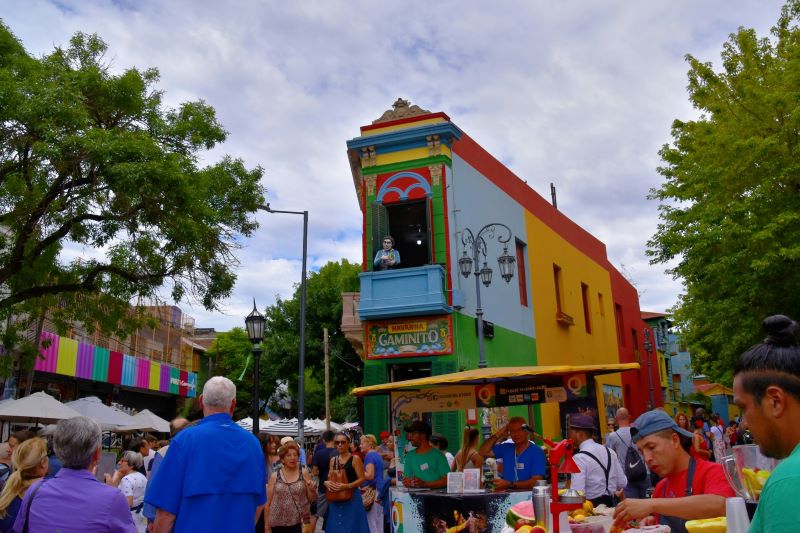The Recent Poverty Spike in Argentina
 Between 2021 and 2022, it was fair to say that poverty in Argentina was heading towards a positive reform. Of course, it is important to consider the effect that the COVID-19 pandemic will have on reducing poverty numbers, but in 2021 poverty in Argentina sat at 11.4%, a 4% decrease from 2020, and in 2022 it decreased even further to sit at 10.9%.
Between 2021 and 2022, it was fair to say that poverty in Argentina was heading towards a positive reform. Of course, it is important to consider the effect that the COVID-19 pandemic will have on reducing poverty numbers, but in 2021 poverty in Argentina sat at 11.4%, a 4% decrease from 2020, and in 2022 it decreased even further to sit at 10.9%.
Poverty Spike in Argentina
Argentina is now grappling with an alarming surge in poverty, which has risen to levels not seen in over 20 years. As of mid-2024, more than 50% of the population is living below the poverty line, with 27 million people affected. The poverty spike in Argentina correlates to current economic instabilities. President Javier Milei has established particular austerity measures recently, primarily implementing a significant reduction in spending, that exists as a major factor in the South American nation’s monetary issues.
Milei, a staunch libertarian, came into power in late 2023 and proposed methods aimed at stabilizing an otherwise fluctuating economy. He focuses on three main areas: cutting funding to social assistance programs; layoffs in the public sector and freezing public investment. In the end; however, each inadvertently ended up doing more bad than good. For example, the government’s layoffs in the public sector have led to thousands losing their jobs, thus exacerbating unemployment, according to The Guardian.
Inflation and Purchasing Power
A spike in poverty like this is often the result of years of build-up, and for Argentina, it can be seen through its long-lasting fight with inflation. Annual inflation in Argentina sits at one of the highest on the globe at over 230%, The Guardian reports.
Such rampant inflation has drastically eroded purchasing power, leaving necessities like food out of reach for many. The cost of staple goods has soared, making daily survival a challenge for millions. A further damning scenario occurred in May 2024, with subway fares in Buenos Aires tripling, rising from 125 pesos (14 cents) to 574 pesos (64 cents).
Unsurprisingly, all of the recent living difficulties have been met with protests in response. In June 2024, anti-government protestors clashed with police forces in Buenos Aires in retaliation to the Argentine Senate passing Milei’s reforms. In spite of all this, Milei’s government has defended the situation, deferring away from the negative effects of his policies, instead “celebrat[ing] the fact that his administration had managed to lower spending to a level below tax income for the first time since 2008.”
NGOs Helping
There are efforts underway, working to address the challenging circumstances in Argentina, with several organizations actively working to alleviate the impacts of poverty and inflation. NGOs are playing a key role in supporting vulnerable populations by providing essential resources and services. For instance, organizations like the Red Cross are distributing food, offering shelter and facilitating access to health care.
Additionally, programs such as Project Noemi focus on promoting job training and small business development are helping individuals gain economic stability, contributing to longer-term solutions for affected communities.
Overall, the surge in poverty in Argentina is a stark reminder of the fragile balance between economic reforms and social equity. While the Milei administration’s austerity measures may have been established with positive intentions, aimed at stabilizing Argentina’s finances, their immediate impact has plunged millions into hardship. Navigating a path out of this crisis will require not only bold economic decisions but also a commitment to social justice and inclusion.
– Joe Lockett
Joe is based in the Wirral, UK and focuses on Business and Politics for The Borgen Project.
Photo: Unsplash
